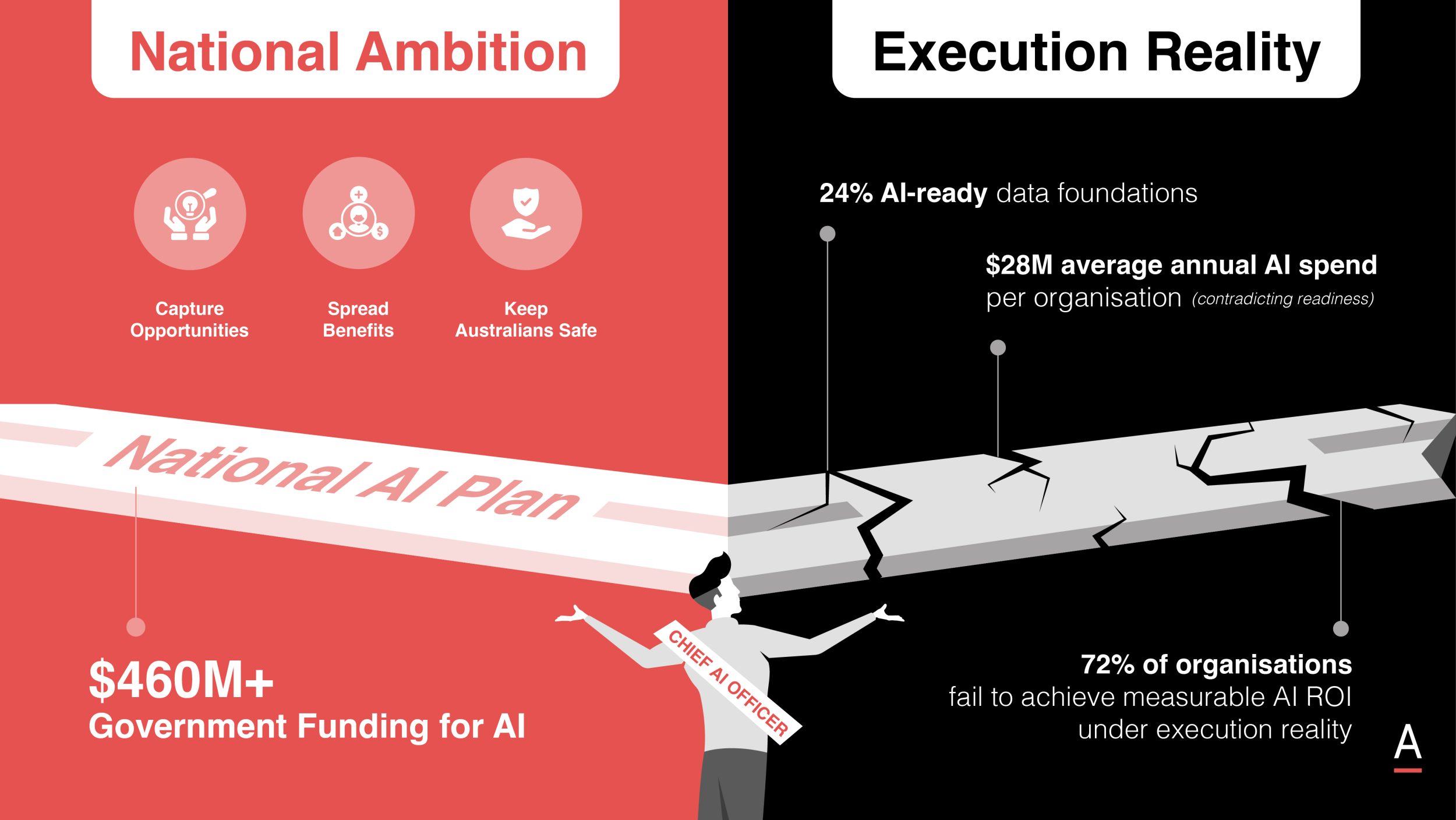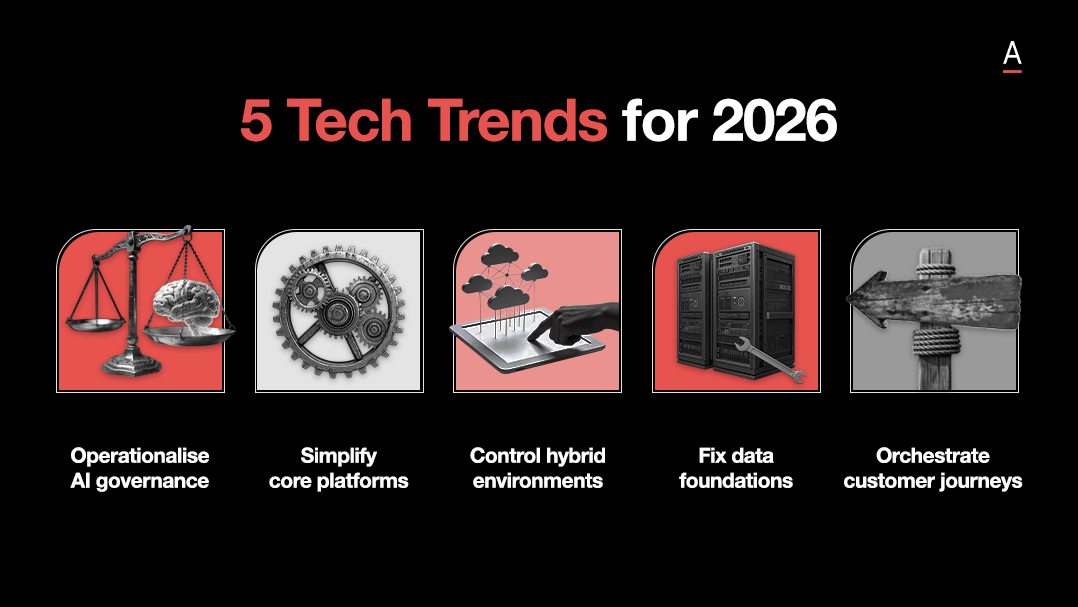Broadcom and Symantec – Who Really Wins?
Australian and New Zealand CIOs told ADAPT that Cyber Security technologies are their number one tech priority in 2019 and for the foreseeable future. Who we invest in is more important than ever, so who wins: Broadcom or Symantec?
The IT Security market is a classic case of a section of the industry that has grown exponentially in value as well as in importance and will continue to do so.
Any part of the IT market that has experienced this, usually then goes through significant turmoil in the guise of spin-offs, mergers, acquisitions and consolidation.
The IT industry has many shining examples of successful mergers and acquisitions, but has an equal, if not greater number of failures. Failures in terms of clashing cultures, misaligned products, misguided expectations of synergies and opportunities
Australian and New Zealand CIOs told ADAPT earlier this year that Cyber Security technologies are their number one tech priority this year and for the foreseeable future. What we invest in, who we work with and how stable their offerings and our relationships with them is more important than ever.
Earlier this month, in a USD $10.7bn cash only deal Broadcom acquired Symantec’s Enterprise Security business. I have been pondering the ramifications of this deal, particularly as one considers the focus Australian organisations have on security.
At the recent ADAPT Security Edge event, customers were discussing the on-again, off-again talks between the two companies and wondering what this would ultimately mean to them as customers of Symantec. At the same time competing organisations were seeking my and other analysts’ opinions on what we thought and how they should respond.
I am not passing judgement on whether I think this will be a good or a bad marriage. It is clear though that in the context of Broadcom and Symantec, as was the case in many previous large-scale IT acquisitions, uncertainty and confusion around what this means to customers and partners abounds.
Let’s also not forget the employees in the Symantec Enterprise Security business, who ultimately own the relationship with customers, are feeling uncertain about their future as well.
Here are my tips on what customers, partners and competitors should be doing now:
- Broadcom – Over-compensate with messaging and outreach to minimise customer churn and counter competitor driven FUD.
- Broadcom – Over communicate to the Symantec employee base to ensure they are able to have the right informed conversations, while also feeling a trusted and key part of the acquisition.
- Customers – Tighten up SLAs together with contract T&Cs guaranteeing continuity of support and maintenance of products purchased.
- Customers – Seek assurances that key R&D investments will continue in those parts of the portfolio you are invested in.
- Customers – Seek clarity on what impact this will have on your Symantec and/or partner account team and relationship.
- Customers – Expect to have increased interactions with competing security vendors seeking to capitalise on the internal turmoil and external uncertainty mergers and acquisitions bring.
- Competitors – Recognise that the window to sow uncertainty and leverage customer concerns may be short, but it is an opportunity nevertheless.
It is critical that Broadcom focusses on its four key stakeholders of:
Customers, Partners, Employees and Shareholders.
It should do this with clear messaging centred around the what’s in it for you piece, rather than what’s in it for Broadcom.
History shows if we satisfy the concerns of these four key groups, the rest just might look after itself.
Stay tuned with us as there is much more to come on the state of the Australian security market in an upcoming ADAPT Deep Dive report due in Q4.

























